Background: In an effort to address the economic fallout associated with the COVID-19 pandemic, congress passed a diverse set of laws under the Coronavirus Aid, Relief, and Economic Security Act (CARES Act) and later the Consolidated Appropriations Act, opening several options up to employee benefit plan (EBP) sponsors and participants with the goal of providing financial relief. Additionally, while unrelated to the COVID-19 pandemic, many provisions of the Setting Every Community Up for Retirement Act (SECURE Act) became effective in 2020.
CARES Act
Plan sponsors can choose among several plan provisions to provide added benefits to plan participants and plan sponsors. For each provision adopted, plan sponsors must create a plan amendment by the end of the plan year 2022. Optional provisions include the following:
- Coronavirus Related Distribution: Eligible participants (generally participants under financial hardship because they or a spouse/member of their household was diagnosed with the virus and are thus unable to work) may receive a distribution from the plan without the 10% early-withdrawal penalty or 20% tax withholding for up to $100,000. Distributions are still taxable, but the tax can be spread across three years in equal installments. The period for these distributions was January 1, 2020 – December 31, 2020.
- Plan Loan Availability: The new loan ceiling is the lesser of $100,000 or 100% of a participant’s vested balance, up from $50,000 or 50% of a participant’s vested balance. The available period for these loans was March 27, 2020 – September 22, 2020.
- Postponed Loan Payments: For new or existing loans, any payments due between March 27, 2020 – December 31, 2020 can be postponed for up to one year, although interest will continue to accrue.
- Required Minimum Distribution (RMD) Waiver: Participants required to take a RMD in 2020 may waive this requirement.
- Funding Relief for Defined Benefit Plan Sponsors: The due date for 2020 contributions was extended to January of 2021 and sponsors can use their plan’s funded percentage from the prior plan year to determine the plan’s funded status for the 2020 plan year. This provides some relief from the market volatility that occurred in the first several months of the pandemic in the United States.
- Untimely Contributions: If employers are late in contributing participant contributions to their plan solely due to COVID-19 complications from 03/01/2020 through the 60th day following the announced end of the National Emergency enacted due to the COVID-19 pandemic, the DOL will not “take enforcement action with respect to a temporary delay in forwarding such payments or contributions to the plan” (2202(c)(2)(B) of the Cares Act). Notwithstanding, the DOL still expects employers to make contributions as timely as possibly under the circumstances.
Consolidated Appropriations Act
Under IRS Code Section 411(d)(3) requirements, employee terminations may trigger a partial termination if more than 20% of plan participants are terminated in a year, requiring affected participants to become fully vested in all employer contributions. Under the Consolidated Appropriations Act, if the number of active participants covered by the plan on March 31, 2021 is at least 80% of the number of active participants covered by the plan on March 13, 2020, the plan will not be considered partially terminated.
SECURE Act
The deadline for adopting any SECURE Act plan amendments is the last day of the first plan year beginning on or after January 1, 2022. Some of the provisions of this Act include the following:
- Pooled Employer Plans (PEP): The creation of PEPs administered by pooled plan providers (PPPs) permits the practice of a single pooled employee benefit plan for multiple entities, allowing for lower fees and the transfer of plan administration to the PPP. This provision is effective for plan years beginning after December 31, 2020.
- Payroll Contribution Cap: The cap on payroll contributions for automatic enrollment safe harbor plans may be raised from 10% to 15% for plan years beginning after December 31, 2019.
- 500-hour Eligibility: Long-term part-time workers who work at least 500 hours for three consecutive years may be eligible to make employee deferrals to the 401(k) plan. Plan sponsors should begin tracking hours on 01/01/2021 to determine eligibility for participation starting 01/01/2024.
- New In-service Withdrawals: Participants may withdraw up to $5,000 for childbirth and adoption expenses for plan years beginning after December 31, 2019.
- New RMD Age Requirement: For plan years beginning after December 31, 2019, the RMD age changed from 70 ½ to 72 if the participant had not reached 70 ½ by 12/31/2019.
EPB plan sponsors should carefully consider the needs of their plan participants and the financial constraints of the sponsoring organization as they consider the adoption of any of the above provisions. Please contact us with any questions that you may have about these new qualified retirement plan provision requirements.


.png)



